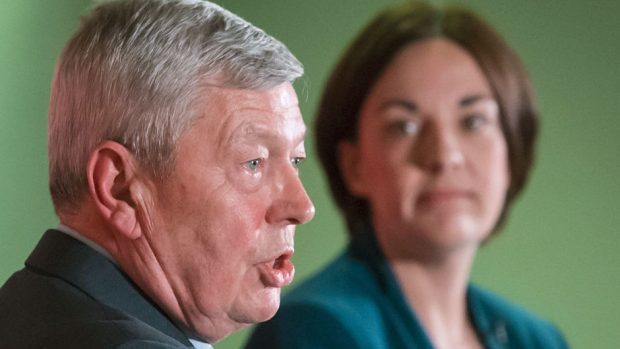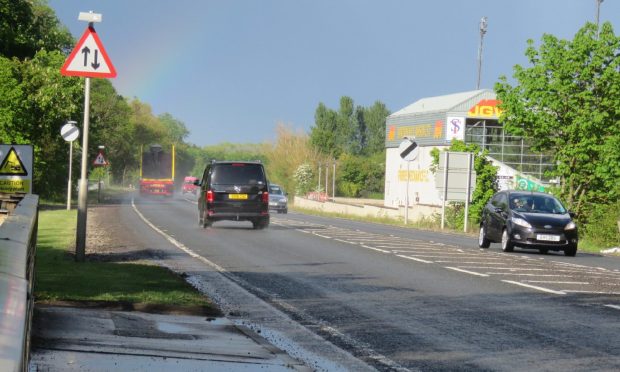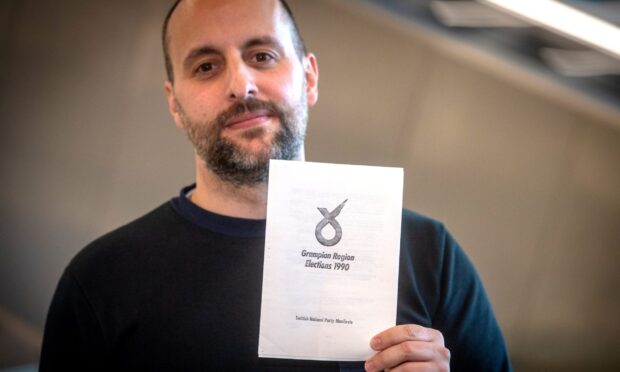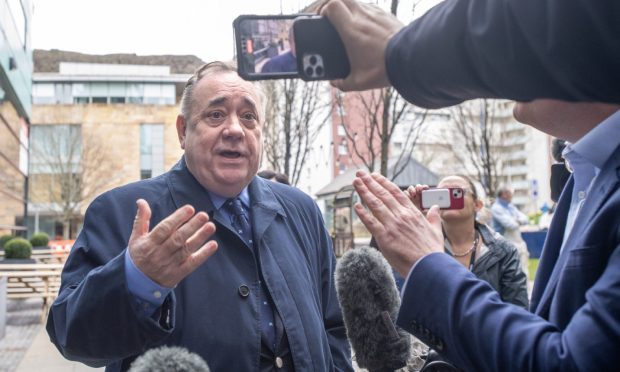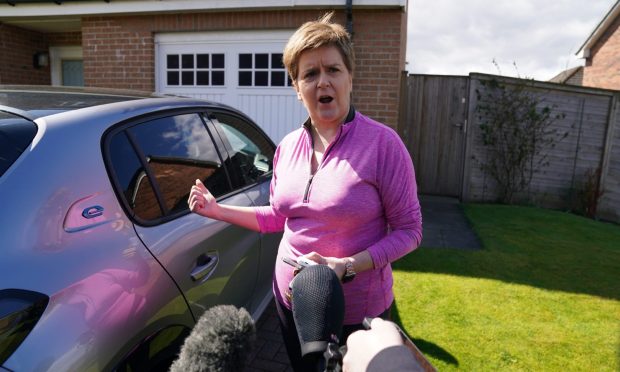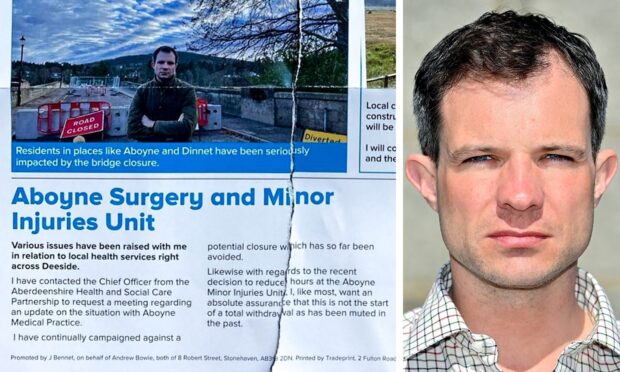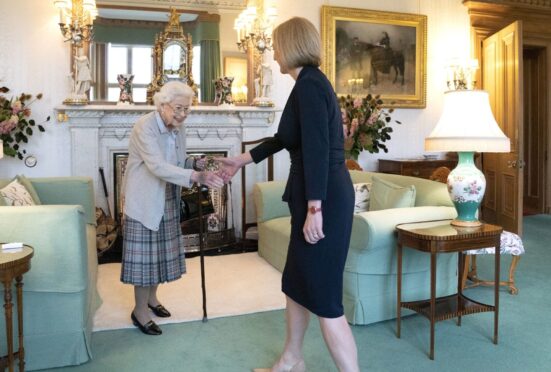Kezia Dugdale has launched a scathing attack on “populist nationalists” on both sides of the border as Labour launched its campaign to keep Scotland in the EU.
The Scottish Labour leader compared Brexiteers with the SNP, claiming there were “eerie echoes” of arguments from the 2014 independence referendum in the current battle for Brussels.
Ms Dugdale was speaking alongside the leader of Labour In for Britain, Alan Johnson, as the party launched its campaign for a Remain vote in Edinburgh.
The country heads to the polls on June 23, with voter surveys suggesting Eurosceptics face an uphill struggle to convince Scots to back Brexit.
Ms Dugdale said: “In contrast to the civil war in the Tory cabinet and the confusion of nationalists who argue we can share sovereignty with every European nation, except our nearest neighbours, Labour will campaign enthusiastically for our place in the European Union.
“For those of us who campaigned in the Scottish referendum, many of the arguments from those campaigning for exiting the European Union are eerie echoes of those we heard two years ago from some campaigning to leave the UK.
“We defeated those arguments two years ago, but, in doing so, we learned that populist nationalists should never be underestimated.
“We know that, even faced with the overwhelming weight of evidence, they will refuse to concede anything to reasoned argument.”
The Scottish Labour leader, whose party slipped into third place at last week’s election, said her party had a “greater responsibility” to “make the positive case for Europe”.
She added: “I wish the SNP would do more of this, because all I have heard them do so far is to be negative about how negative the European campaign has been, rather than set out the arguments from their perspective about why we should remain as part of the European Union.
“I think that’s the challenge for the SNP with the strength of the public will that they have behind them; to use that public will to make the case for Europe in Scotland and across the UK.”
However, an SNP spokesman said: “Kezia Dugdale stood shoulder-to-shoulder with the Tories in the referendum despite the obvious risk that a No vote could lead to Scotland being dragged out of Europe against our will.
“The idea that the inclusive, positive Yes campaign can be compared to Nigel Farage and Boris Johnson’s campaign lacks any credibility.
“Kezia Dugdale should focus her energy making a positive case for Scotland to stay in the EU.”
It emerged yesterday the International Monetary Fund plans to publish a report into the effects of UK leaving the EU one week before the June 23 referendum.
Scottish Vote Leave director and former Labour MP, Tom Harris, said: “The EU-funded IMF, at the request of David Cameron, is trying to bully the people of Scotland.”
